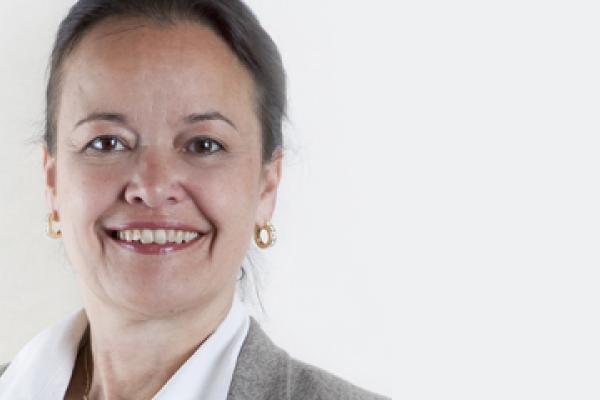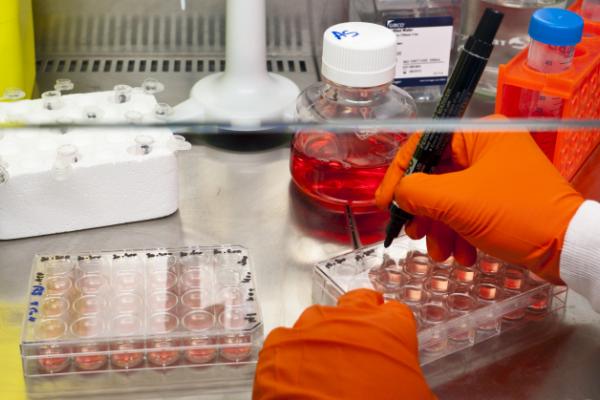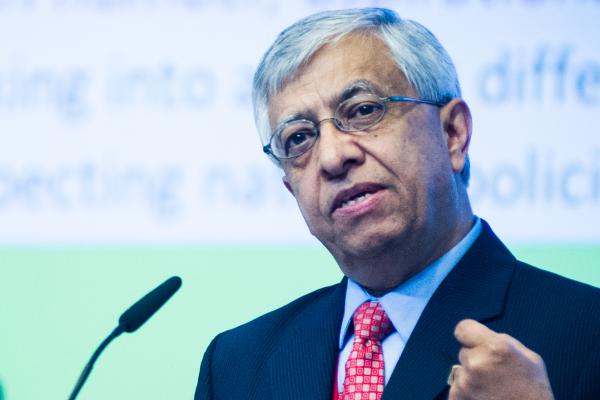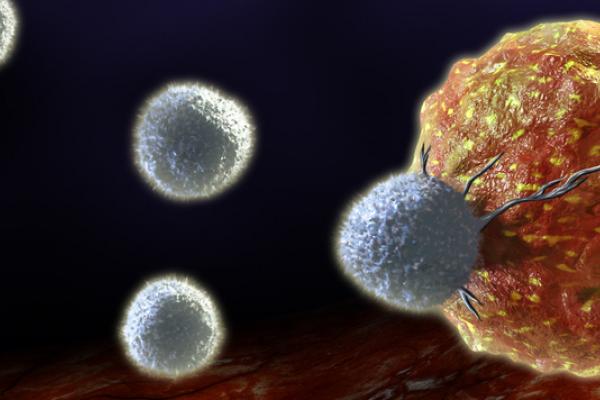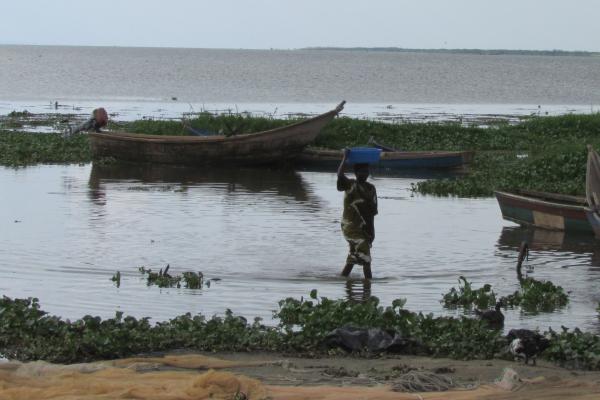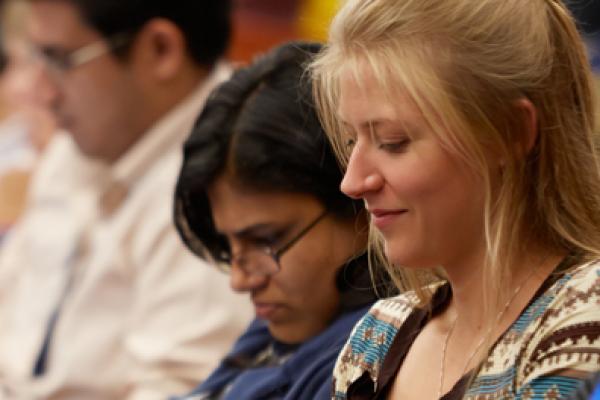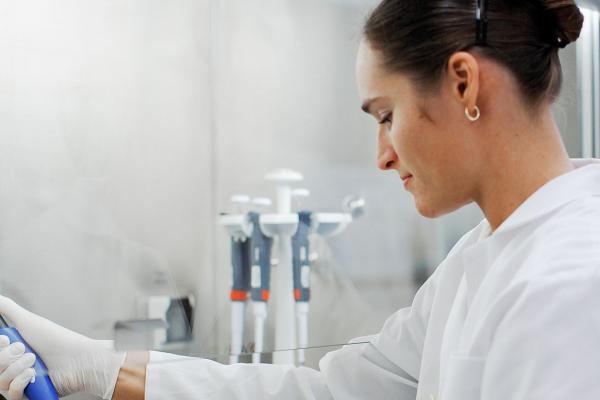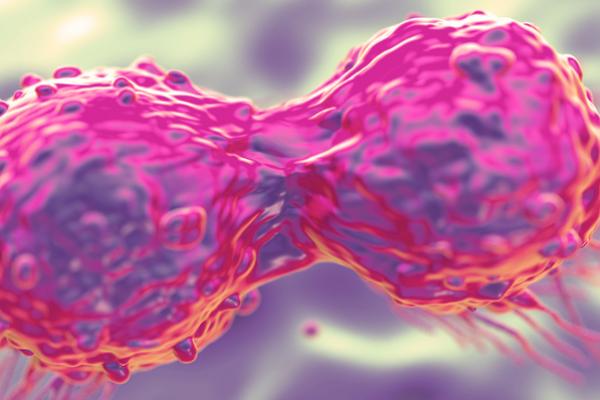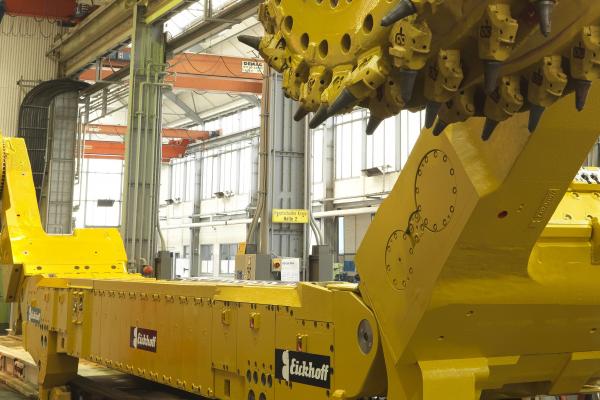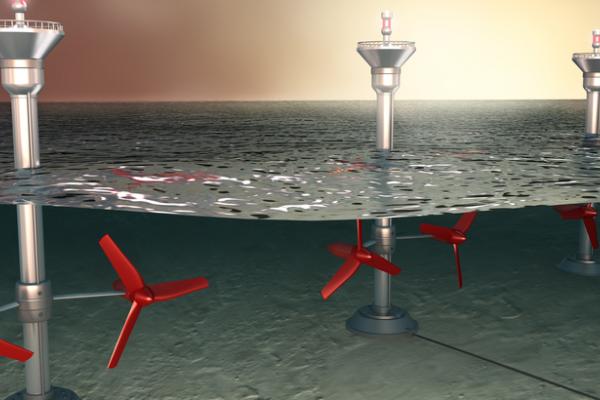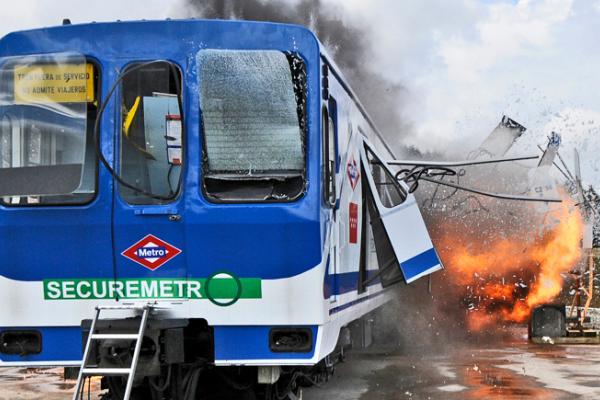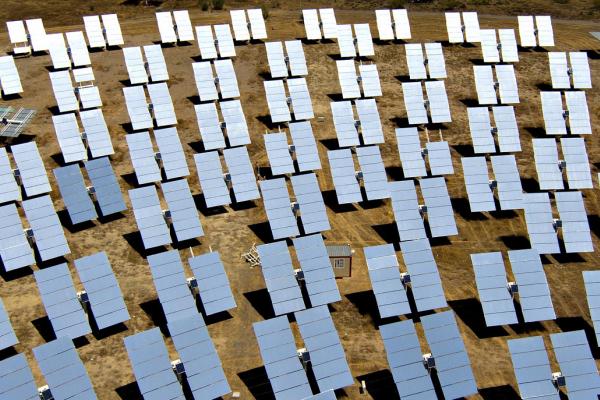European cities of the future should be greener, smarter and more inclusive, according to young Poles who shared their vision during the EU Youth Policy Dialogue in Warsaw.
Special series

Researchers on a mission
The EU is on a mission with researchers to protect our planet and society.
By helping researchers discover new ways to improve people’s lives, and to protect us from climate change and global health shocks, the EU is building a better future for all of us.
Most popular
-
1
-
2By Sofia Sanchez Manzanaro
-
3By Jonathan O’Callaghan
-
4By Gareth Willmer
-
5
Top videos
Cities of tomorrow: young Poles share vision for smarter, greener living
4 April 2025
Where curiosity meets innovation: EU science fair in Belgium dazzles young minds
28 March 2025
Past articles
Professor Martine Piccart is a past president of the European Organisation for Research and Treatment of Cancer, Chair of the Breast International Group (BIG) and head of medicine at the Jules Bordet cancer hospital in Brussels. She explains that cancer research needs to change so that cancer treatment can become truly personalised.
Europe is poised to launch its biggest-ever research and innovation funding package in order to take on some of society's biggest challenges such as the need for green transport and clean energy, while at the same time creating jobs.
Thousands of young people are being interviewed as the EU backs the largest study in the world into the links between mobile phone use and brain cancer in children.
Fewer people are taking antibiotics in Europe, according to a survey published by the European Commission, as the fight against drug-resistant bacteria intensifies.
Cancer treatments could change radically over the next decade, thanks to technology that can monitor cancer cell mutations in real time.
It could take until 2050 for climate forecasters to make concrete predictions for extreme weather ten or more years in advance, according to Professor Ghassem Asrar, the former director of the World Meteorological Organization’s World Climate Research Programme (WCRP) in Geneva, Switzerland.
Medical researchers are using genetic engineering to revolutionise the treatment of cancer.
Researchers are taking data from satellite observations and combining it with first-hand experience from health workers to make smart tools that can predict where outbreaks of diseases such as malaria might strike.
The growing number of female doctoral graduates in the European Union is not reflected in the number of women taking up senior science research positions. The GENDERA project looked into the matter.
Sophisticated computer models are learning how to treat lung disorders, linking up the underlying problem with the right treatment.
A new wave of personalised vaccines could harness the power of patients’ own immune systems to fight an aggressive form of brain cancer.
This issue of Horizon looks at EU research which is holding out the promise of radical new treatments for cancer.
Automated coal mining equipment is helping cut down on wastage in Europe's coal mines, and make the process cleaner and safer.
Tidal power has significant potential for electricity generation due to the fact that tides are more predictable than wind and solar power.
As the moon spins around the earth, its gravity creates a bulge in the oceans that causes tides. Researchers are working out ways to tap into this immense power, and smart sensors could help them do it cost-effectively.
Techniques are being devised to capture greenhouse gases such as carbon dioxide and methane from the burning or extracting of fossil fuels - before they cause damage to the atmosphere.
Blast-resilient carriages and auto-tracking cameras could add new layers of protection to Europe’s rail and metro passengers.
Dr Suchitra Sebastian is looking for materials that are so conductive they do not lose any energy at all, and if she succeeds it would be a step towards reducing the amount of electricity required to power homes, factories and offices, helping producers of renewable power meet Europe’s burgeoning energy needs.
Scientists have developed a covering for buildings that keeps them cool by reflecting the sun's rays, potentially saving huge amounts of energy for European households.
From wind turbines in Germany to solar panels in Spain, regions across the EU are using natural resources to become specialists in their own type of sustainable energy, bringing much-needed investment for businesses and citizens.













